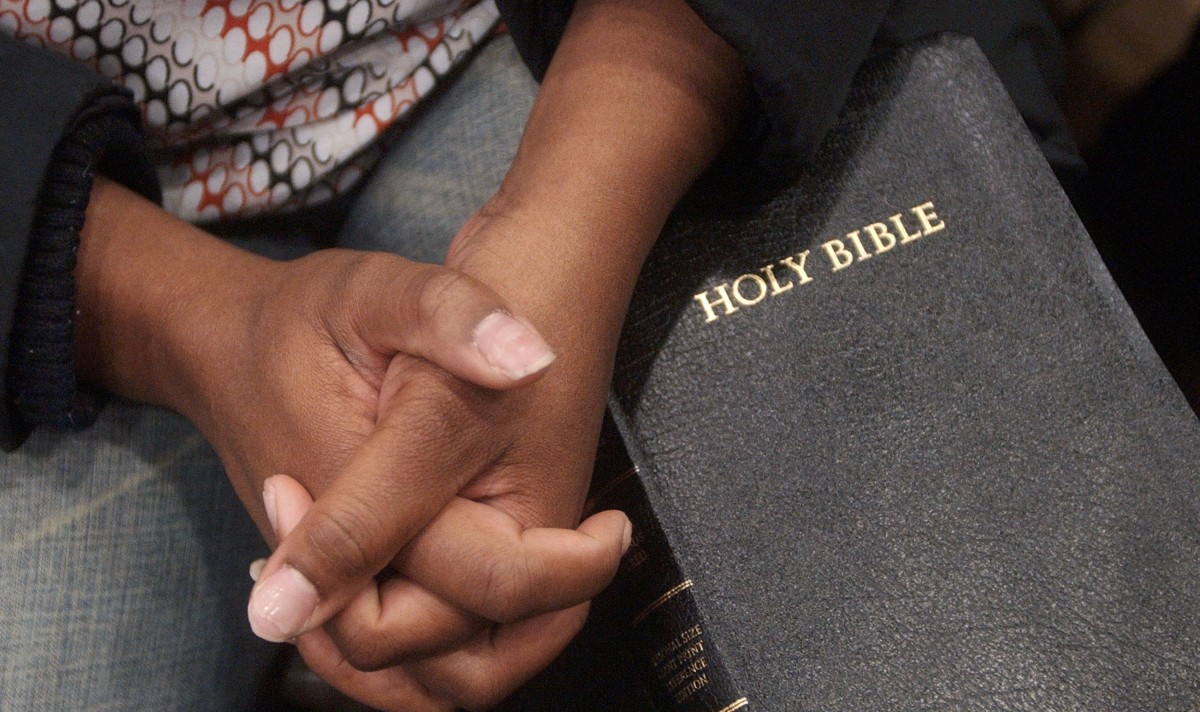The recent ban of the Bible in elementary and middle schools in Utah has sparked controversy and debate among parents and educators alike. The decision was made after a petition was launched by a parent who objected to the holy book’s violent and sexual content. The Davis School District had already started removing books from libraries following a state law that required them to consider parents’ opinions on age-appropriate materials. However, the decision to ban the Bible has raised concerns about censorship and freedom of expression.
While some parents support the ban, others believe that it sets a dangerous precedent and could lead to further restrictions on what children are allowed to read. Some argue that the Bible is an important cultural and historical text and that its removal from school libraries is a form of censorship. Others point out that there are other books with similar themes that have not been banned, raising questions about the criteria used to determine which books are appropriate for children and which are considered “vulgar.”
The controversy has also highlighted the importance of having open and honest discussions about sensitive topics such as sex and violence. Some educators argue that rather than banning books, schools should focus on providing age-appropriate resources and materials that can help students navigate difficult topics in a responsible and informed way. This could include providing access to resources such as counseling services, support groups, and educational materials that promote healthy relationships and positive behaviors.
Overall, the ban of the Bible in Utah schools has sparked important conversations about censorship, freedom of expression, and the role of schools in promoting responsible behavior and critical thinking. While there are valid concerns about the appropriateness of certain materials for children, it is important that decisions about what students can read are based on sound educational principles rather than political or ideological agendas.
The ban comes amid concerns from parents about what their children are reading at school, with a string of LGBTQ+ books having been banned in recent months.
Inappropriate books about transgender individuals in middle schools in the USA have been a topic of controversy and concern for many parents and educators. Several incidents have been reported where sexually explicit material has been present in school libraries or encouraged by teachers, leading to public outrage.
For example, in Missouri, a school district offered prizes to students for reading sexually explicit books from a banned book list. The situation is not limited to Missouri as similar incidents have occurred in other states as well.
An 11-year-old boy from Maine publicly denounced sexually explicit material in his school library, calling for legal action against administrators. He read out a section of Alice Oseman’s book, Nick and Charlie, which he had taken from his middle school library to the Windham Raymond School Board.
The boy’s father also criticized Nick and Charlie and another book in the library called Gender Queer by Maia Kobabe for depicting sex between teenage boys. State and federal laws prohibit the possession or distribution of pornographic material featuring children, and such books should not be present in school libraries.
In Nebraska, a State Board of Education member read sexually explicit passages from several books during a public meeting to argue that inappropriate books are appearing in school libraries. Some of the passages depict same-sex acts and gender fluidity.
Some board members felt that book selection is a local decision and not one for the board. However, some Nebraska school districts confirmed that some of the books read at the meeting are in their collections.

